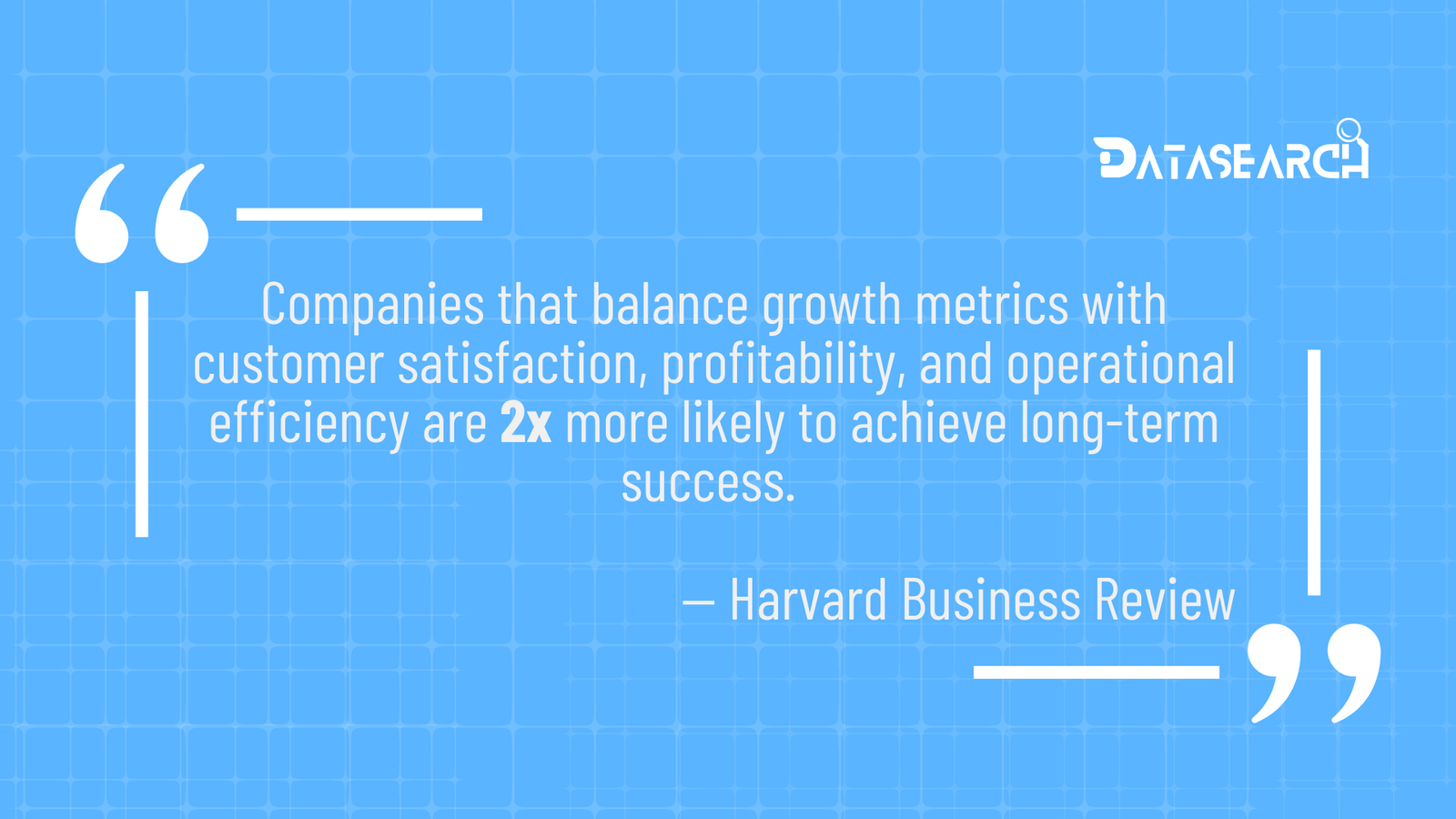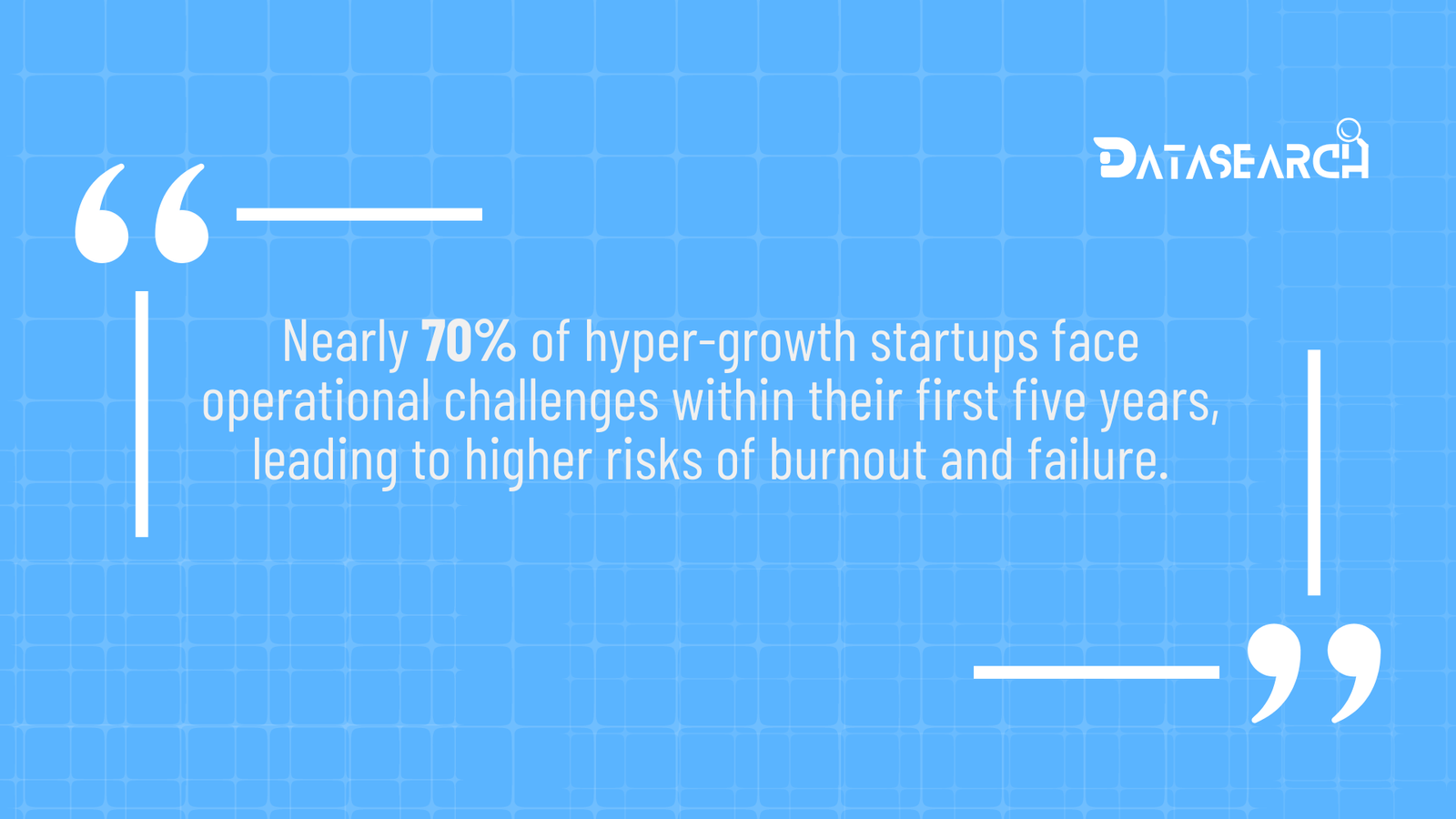In the fast-paced world of business, growth metrics such as revenue increases, customer acquisition rates, and market expansion are often celebrated as signs of success. But are these metrics the best indicators of a company’s overall health? While growth metrics are important, they don’t always tell the full story. Business health involves a range of factors, including profitability, customer satisfaction, operational efficiency, and long-term sustainability. In this article, we’ll explore whether growth metrics alone are enough to gauge business health or if a more holistic approach is needed.
1. The Role of Growth Metrics in Business
Growth metrics such as revenue growth, customer acquisition, and market share are valuable indicators of a business’s ability to expand and attract new customers. These metrics provide insights into how well a company is capturing market demand and scaling its operations. For example:
- Revenue Growth: Measures how much your company’s sales are increasing over time.
- Customer Acquisition: Tracks how effectively you’re attracting new customers.
- Market Share: Indicates your company’s position relative to competitors.
💡 Key Insight: Growth metrics are particularly useful for startups and fast-growing businesses, as they signal the company’s ability to scale and attract investor interest.
2. Why Growth Metrics Alone Aren’t Enough
While growth metrics provide valuable information, they don’t always give a complete picture of business health. A company can experience rapid growth but still face underlying issues like poor profitability, high customer churn, or operational inefficiencies.
For example, a business that is rapidly acquiring new customers but is losing them just as quickly may have a flawed product or poor customer service. Similarly, a company that grows its revenue but struggles with high operating costs may face long-term sustainability issues.
🔥 Pro Tip: Balance growth metrics with other key performance indicators (KPIs) such as profitability, cash flow, and customer retention to get a more accurate view of your business’s health.
Example: In 2019, WeWork reported significant revenue growth, but its high operating costs and reliance on heavy capital expenditure made it financially unsustainable, leading to a massive valuation drop and restructuring.
3. The Importance of Profitability and Cash Flow
One of the biggest shortcomings of focusing solely on growth metrics is the potential to overlook profitability and cash flow. While growth in sales and customers is critical, businesses ultimately need to be profitable to survive in the long run. Cash flow, in particular, is an essential indicator of a company’s financial stability. Without adequate cash flow, even a rapidly growing business can face liquidity issues that threaten its survival.
📊 Key Stat: According to a U.S. Bank study, 82% of business failures are due to poor cash flow management, highlighting the importance of cash flow over just growth metrics.
💡 Pro Tip: Monitor profitability ratios, such as gross profit margin and net profit margin, in conjunction with growth metrics to assess both expansion and sustainability.
4. Customer Satisfaction and Retention as Key Indicators
Growth metrics often focus on acquiring new customers, but customer retention is equally important. High churn rates can indicate dissatisfaction, meaning that even if you’re acquiring customers at a rapid pace, poor retention could signal deeper issues in your product or service quality.
Customer satisfaction is another crucial metric for long-term business health. Satisfied customers are more likely to become repeat buyers and advocates for your brand, reducing marketing costs and driving organic growth.
🔥 Hot Tip: Track Customer Lifetime Value (CLV) and Net Promoter Score (NPS) to understand how much value customers bring over time and how likely they are to recommend your business.
Example: SaaS companies, in particular, rely on customer retention and satisfaction for long-term success. High churn rates can offset customer acquisition efforts, while strong retention increases the likelihood of sustainable growth.
5. Operational Efficiency and Scalability
Another overlooked area when focusing solely on growth metrics is operational efficiency. Rapid growth can strain a company’s resources, leading to inefficiencies and higher costs. Businesses that grow too fast without scalable processes may experience declining product quality, delayed deliveries, or poor customer service.
📊 Key Metrics: Operational cost ratios and inventory turnover are valuable indicators of whether a business is growing efficiently or overstretching its resources.
💡 Pro Tip: Invest in scalable systems, such as automation and process optimization, to ensure that your business can handle growth without sacrificing quality or customer experience.
6. The Importance of Employee Satisfaction
Employees are the backbone of any business, and their well-being directly impacts the company’s success. High turnover rates, low morale, and burnout can all contribute to declining performance, even if external growth metrics look healthy.
🔥 Quick Strategy: Use employee satisfaction surveys and monitor employee retention rates to ensure your workforce remains engaged and productive as your company grows.
7. A Holistic Approach to Measuring Business Health
Ultimately, while growth metrics are important, they should not be viewed in isolation. A healthy business balances growth with profitability, operational efficiency, customer satisfaction, and employee well-being. By taking a more holistic approach, businesses can ensure they are not only growing but also building a foundation for long-term success.
🔔 Quick Strategy: Create a balanced scorecard that includes financial, customer, operational, and employee metrics to gain a comprehensive view of your business’s health.
How DataSearch.pro Can Help You Track Comprehensive Business Metrics
At DataSearch, we understand that true business health requires more than just tracking growth metrics. Our platform provides data-driven insights that help you monitor profitability, customer retention, operational efficiency, and more. By offering a comprehensive view of your business’s performance, DataSearch ensures that you’re not just growing, but thriving in a sustainable way.
Visit DataSearch.pro to learn how our data analytics solutions can help you track the metrics that matter most for long-term business success.




